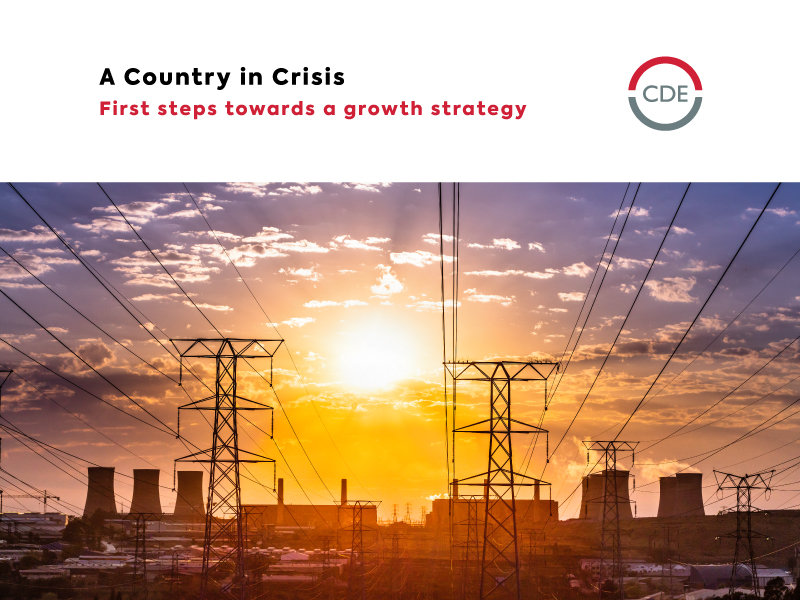
According to one of the country’s leading think-tanks, successful migration management begins by thinking less about the rights of migrants and refugees and more about the interests of citizens.
A failure of political leadership, compounded by bureaucratic incapacity, means that South Africa has neither managed the costs, nor exploited the benefits, of migration.
However, South Africa can learn from international experience to adopt a more effective approach to the challenges of migration.
The Centre for Development and Enterprise (CDE) brought together leading international and South African experts on migration, senior government officials, and business representatives at a workshop to consider what could be learnt from international experience.
“We gained some valuable insights that could give South Africa a much more effective and appropriate approach to migration,” said Ann Bernstein, CDE’s Executive Director.
A key lesson for migration management is that enforcement measures alone cannot hold back the demographic pressures and economic dynamics that drive migration to comparatively successful economies.
“People will come and go regardless of what even the richest and best organised states do” said Bernstein.
“But these flows must be managed with simple, flexible, humane and intelligent polices. The job of government is to manage the benefits and costs of migration in the national interest. The national interest is not just economic – it includes the right to protect the nation’s values and sense of itself.”
The anti-foreigner violence of May 2008 has been the most dramatic proof yet of the country’s ineffectual migration management.
But there are plenty of less dramatic signs of trouble: South Africa has a backlog of over 200,000 asylum-seekers and many more skilled people leave South Africa’s shores than arrive here. Yet, South Africa makes little or no effort to explore the global market for the skills that could make an enormous difference to development, growth and employment prospects.
South Africa needs to become much more welcoming to skilled immigrants. Therefore if a skilled person wants to come to South Africa, settle and look for a job, a fairly undemanding points system could be employed to screen them. But it would need to be realistic. The system would have to be much simpler than the elaborate Australian or Canadian approach, and be a lot less picky.
Skilled migration is a ‘no brainer.’ International experience clearly shows that countries benefit from every tertiary-educated and entrepreneurial immigrant they can attract.
The benefits of unskilled migration depend on the specific circumstances of each country or city, but are larger when the unskilled migrants can live and work legally so that their housing and other needs can be planned for. A large population of irregular migrants creates opportunities for crime and corruption; increases the likelihood that migrants will be unfairly exploited; and raises the risk that immigrants will become victims of xenophobic attacks sparked by perceived competition for jobs, housing and other public resources.
Successful migration policies respond flexibly to the economic needs of the receiving country.
South Africa needs clear and bold leadership on the issue of migration to create public confidence that it is managing borders competently, humanely and in the national interest. Citizens need to be reassured that immigrants are not getting access to scarce resources unfairly.
“Migration issues are far more important to South Africa’s hopes of economic growth and development than policy-makers have realised or acknowledged,” said Bernstein.
“Our new government now needs to provide not only the ‘hard’ skills of policy formulation and implementation, but also the ‘soft’ skills of understanding, persuasion, and communication.”
This article is based on CDE’s publication, Managing migration in South Africa’s national interest: Lessons from international experience



